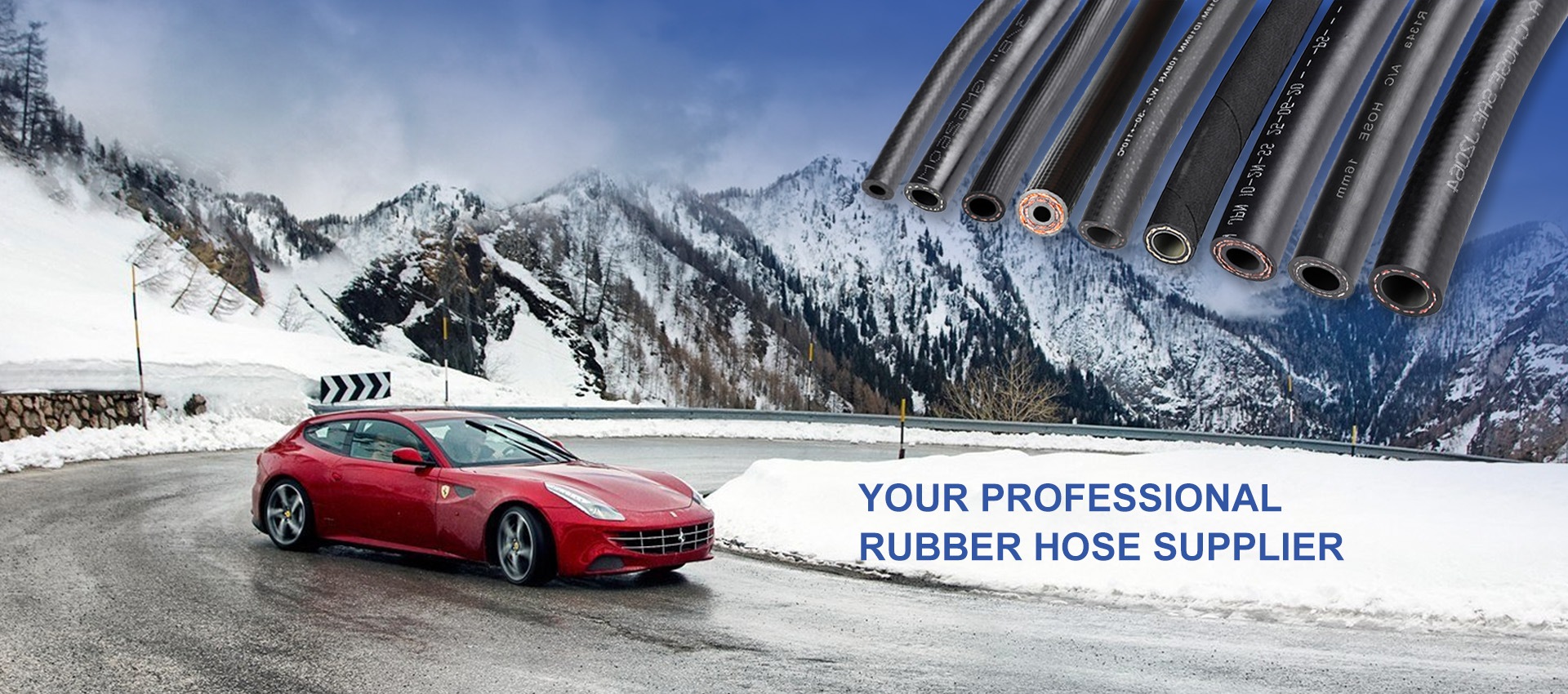car fuel pipe
Dec . 18, 2024 22:57 Back to list
car fuel pipe
Understanding the Importance of the Car Fuel Pipe
In the intricate world of automotive engineering, various components work in unison to ensure optimal vehicle performance. Among these critical parts is the fuel pipe system, a component often overlooked by car owners yet essential for vehicle operation. This article will explore the role of the car fuel pipe, its functioning, common issues, and maintenance tips to ensure your vehicle runs smoothly.
What is a Car Fuel Pipe?
The fuel pipe, often referred to as the fuel line or fuel hose, is a conduit that transports fuel from the fuel tank to the engine’s fuel injection system. It is engineered to withstand varying pressures and temperatures, enabling it to carry liquid fuel efficiently without compromising safety. This critical component is typically made from high-quality materials such as rubber, nylon, or metal, designed to resist fuel corrosion and withstand the heat generated by the engine.
How Does the Fuel Pipe Work?
When you start your vehicle, the fuel pump activates, drawing gasoline or diesel from the tank and pushing it through the fuel pipe towards the engine. Once the fuel reaches the engine, it mixes with air in the combustion chamber, where it is ignited to power the vehicle. The fuel pipe system is designed to maintain the correct fuel pressure and flow rate, which is vital for efficient engine performance and fuel economy.
Common Issues with Fuel Pipes
While modern fuel pipes are designed for durability, they can encounter various issues over time
1. Leaks One of the most common problems with fuel pipes is the development of leaks caused by wear and tear, exposure to extreme temperatures, or corrosion. A leaking fuel line can lead to fuel loss, reduced engine performance, and in some cases, fire hazards.
2. Blockages Dirt, debris, or rust can accumulate within the fuel pipes, leading to blockages that restrict fuel flow. This can cause the engine to misfire or stall, making it essential to maintain clean fuel lines.
car fuel pipe

3. Cracks or Breaks Extreme temperatures and vibrations can cause cracks or breaks in the fuel pipes. This is particularly common in older vehicles, where components are more susceptible to damage.
Maintenance Tips for Fuel Pipes
To ensure the longevity and reliability of the fuel pipe system in your vehicle, consider the following maintenance tips
1. Regular Inspections Schedule regular inspections of your fuel system by a qualified mechanic. They can check for any signs of wear, leaks, or potential issues that may cause problems down the line.
2. Fuel Quality Always use high-quality fuel from reputable sources. Contaminated fuel can lead to blockages and damage to the fuel pipe system.
3. Replace Worn Parts If your mechanic identifies any weak or damaged areas in the fuel pipe system, promptly replace those components. Ignoring small problems can lead to more significant issues and costly repairs.
4. Watch for Warning Signs Pay attention to changes in your vehicle's performance, such as decreased fuel efficiency, unusual smells, or visible signs of fuel leakage. Early detection can prevent a small problem from escalating into a potentially dangerous situation.
Conclusion
The car fuel pipe is a vital component of your vehicle's fuel system, ensuring that fuel flows efficiently from the tank to the engine. Being aware of its role, common issues, and maintenance practices can help you prolong the life of your fuel pipes and enhance your vehicle’s overall performance. By taking proactive measures and paying attention to your car’s needs, you can enjoy a smoother, safer driving experience and avoid unexpected repairs in the future. Whether you’re a seasoned car enthusiast or a casual driver, understanding the importance of the fuel pipe can lead to more informed decisions regarding vehicle care and maintenance.
